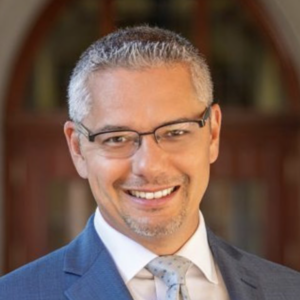This week the Supreme Court heard oral arguments in the case of Groff vs. Dejoy, involving a Post Office mail carrier named Gerald Groff, who, for religious reasons, wished not to work on Sundays. Previously the postal service had granted this accommodation, which was easy back when the Post Office didn’t do mail delivery on Sundays. A few years ago the Post Office started contracting with Amazon and other package delivery services to do Sunday deliveries, though they still granted Groff his religious accommodation. But then the Post Office changed its mind and compelled Groff to work Sundays. Hence this case, raising again an aspect of the First Amendment’s free exercise clause.
You would think after all these decades of both religious liberty cases and employment law cases that such a situation would be well-settled, but you would be wrong. In fact the First Amendment’s clauses related to the establishment and free exercise of religious remain highly contested and unsettled.
One person who has a deep grasp of the broader issues involved is Vincent Phillip Munoz, who is the Tocqueville Associate Professor of political science and law at the University of Notre Dame. His most recent book is Religious Liberty and the American Founding: Natural Rights and the Original Meanings of the First Amendment’s Religion Clauses. Phil’s work has been cited in several Supreme Court opinions on the issue.
Phil sat down recently with John Yoo and me to discuss the issue, and the wider issue of how constitutional originalism should be understood today. You could think of this episode as a “two-whisky happy hour,” as we wanted to have Lucretia Zoom in, but she wasn’t able to, so Phil got off the hook.
Note: We apologize for the static on this episode. We had our communal mic set incorrectly, and we couldn’t do much to fix it in post-production.
Listen here, or use your free exercise clause to wander over to the First Congregation of Ricochet, or wherever you source your podcasts.

Notice: All comments are subject to moderation. Our comments are intended to be a forum for civil discourse bearing on the subject under discussion. Commenters who stray beyond the bounds of civility or employ what we deem gratuitous vulgarity in a comment — including, but not limited to, “s***,” “f***,” “a*******,” or one of their many variants — will be banned without further notice in the sole discretion of the site moderator.